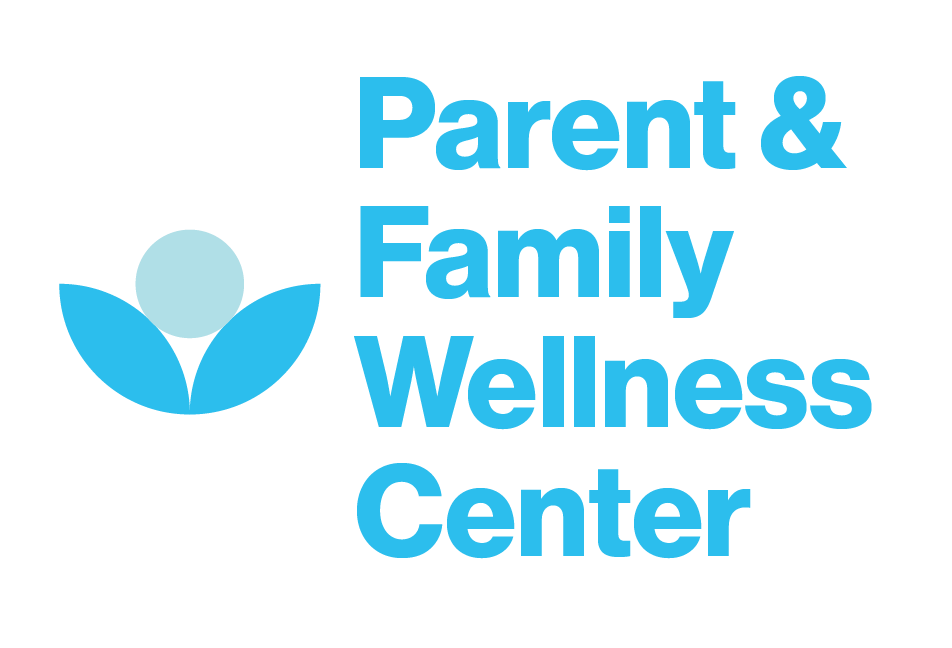For Dads
Up to 10% new dads will also develop symptoms of depression and anxiety during their partner’s pregnancy or in the first year postpartum. Dads go through many of the same biological, psychological and social changes that can lead to feelings of vulnerability. A dad’s depression and anxiety often looks different from that of mom; men tend to express their feelings of vulnerability through irritability, anger disconnection, withdrawal substance use, excessive exercise, and overtime at work. Dads need support too.
While direct causation or paternal depression and anxiety remains unknown and continues to be studied, research suggests that causes may include hormonal shifts that mirror their partner’s (increased levels of prolactin and cortisol and decreased levels of testosterone and estrogen) a prior mental health diagnoses, conflict within the relationship, conflicts surrounding the role of “father”, maternal depression/anxiety, biological depletion including sleep and nutrition, and lacking social support. Therefore, Dads most at risk for developing a mental health challenge around new parenthood are those who have been depressed or anxious in their past, who feel a stressful financial and/or social responsibility to their new family, whose relationships with their own fathers were conflicted, who feel disconnected from their partners, whose partners are struggling with a PMAD, or who are lacking the support of their community.
Like untreated maternal depression and anxiety, untreated paternal mental health issues can lead to ongoing challenges for their babies and children. Namely, dads who suffer from depression and anxiety are less likely to spend time with their children and will be less engaged in enrichment activities with their kids such as singling, reading and story telling. Studies suggest that children whose fathers are depressed exhibit increased behavioral, social, and emotional problems.
Like moms, dads who reach out for support early and who follow treatment recommendations get well. Due to cultural and societal stereotyping around men, many fathers feel ashamed of their experiences and do not reach out for the support that they need. In many circumstances, postpartum mental health attention is drawn to the mom and dads and partners get lost in the shuffle of support and change.
Psychotherapy can provide an opportunity for dads to have a safe place to talk about their feelings and conflicts surrounding new parenthood. Therapy can also help dads to strategize around their own self-care needs while also supporting those of his partner. Help with strategizing around self-care, understanding their feelings, communicating with their partners, and gaining confidence in fathering are essential components in the health and wellness of dads and their families.
Singley, D.B & Edwards, L.M. (2015, June 22). Men’s Perinatal Mental Health in the Transition to Fatherhood. Professional Psychology: research and Practice.
More info:
The Center for Men’s Excellence. www.menexcel.com
Tips for Postpartum Dads and Partners: http://www.postpartum.net/family/tips-for-postpartum-dads-and-partners/
Beyond the Blues: Partners. http://www.postpartum.net/family/beyond-the-blues-partners/

